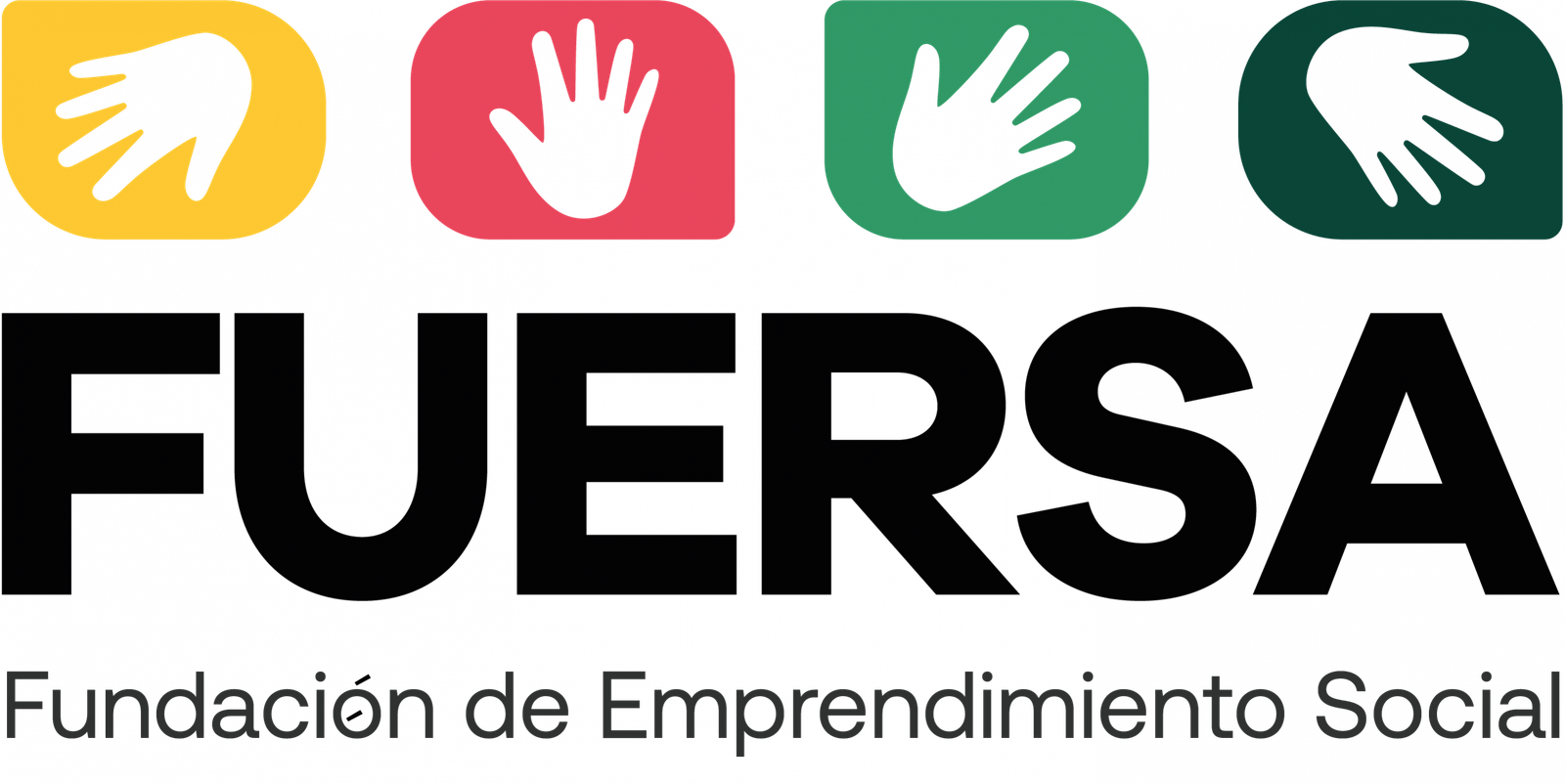Wastewater can contain a wide variety of contaminants, such as organic matter, chemicals, nutrients and microorganisms. If not treated properly, wastewater can have a negative impact on the environment and public health.
Therefore, wastewater treatment is an important process to reduce the amount of pollutants and protect the environment and public health. Wastewater treatment includes a variety of processes, such as separation of solids and liquids, removal of contaminants, and disinfection of treated water. Once treated, wastewater can be reused for non-potable purposes, such as irrigation, or safely discharged into the environment.
Wastewater treatment is an important part of the 2030 Agenda for Sustainable Development, a global action plan adopted by United Nations member countries in 2015 to eradicate poverty, protect the planet and ensure prosperity for all.
Goal 6 of the 2030 Agenda focuses on ensuring the availability and sustainable management of water and sanitation for all. Proper wastewater treatment is essential to achieving this goal, as it can improve water quality, reduce pollution, and protect public health.
In addition, wastewater treatment can also contribute to other goals of the 2030 Agenda, such as action against climate change, protecting underwater life, reducing poverty and promoting gender equality.
In summary, adequate wastewater treatment is essential to achieve the goals of the 2030 Agenda and ensure a sustainable future for all.




